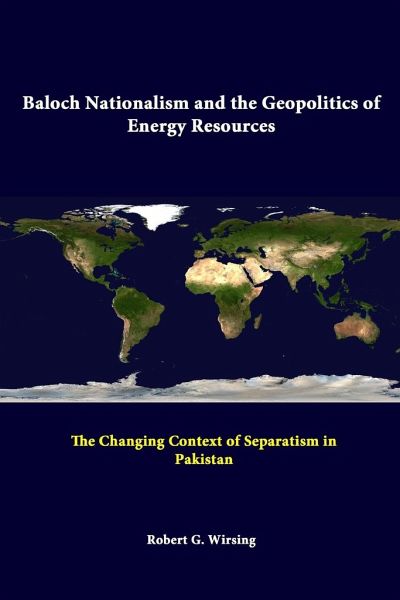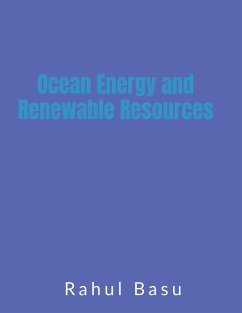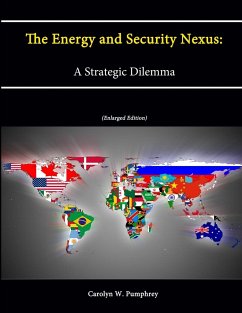
Baloch Nationalism And The Geopolitics Of Energy Resources
The Changing Context Of Separatism In Pakistan
Versandkostenfrei!
Versandfertig in 1-2 Wochen
16,99 €
inkl. MwSt.

PAYBACK Punkte
8 °P sammeln!
Today the quest for energy security stands at or near the top of most nations' foreign policy agendas. For energy-dependent countries lacking sufficient energy resources of their own, achieving energy security is a formidable problem. Pakistan, currently the world's sixth most heavily populated nation, is one such country. To ensure its energy future, its government is active on several fronts, including efforts to more fully exploit the country's own energy resources, to negotiate the construction of transstate natural gas pipelines, and to build a new coastal seaport at Gwadar, an ambitious ...
Today the quest for energy security stands at or near the top of most nations' foreign policy agendas. For energy-dependent countries lacking sufficient energy resources of their own, achieving energy security is a formidable problem. Pakistan, currently the world's sixth most heavily populated nation, is one such country. To ensure its energy future, its government is active on several fronts, including efforts to more fully exploit the country's own energy resources, to negotiate the construction of transstate natural gas pipelines, and to build a new coastal seaport at Gwadar, an ambitious project which its developers hope will enable Pakistan to occupy an important place in the emerging Asian energy refining and distribution system. As Dr. Robert G. Wirsing makes clear in his monograph, Baloch Nationalism and the Geopolitics of Energy Resources, Pakistan's quest for energy security has run up against a resurgent tribal separatist rebellion in its sprawling southwestern province of Balochistan...












